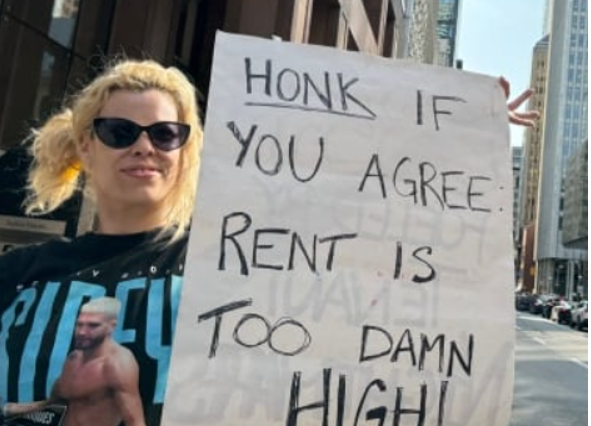Are some rents in Canada part of a price-fixing scheme?
05-Nov-2024In response, some tenant advocacy groups are urging policymakers to consider rent control, increased transparency in rental pricing, and more affordable housing initiatives.

In recent years, some rental markets in Canada have raised concerns about potential price-fixing schemes among landlords and property management firms. Price-fixing typically occurs when businesses collude to set prices, rather than allowing market forces to determine them, leading to artificially high prices.
In Canada, allegations of this behavior have emerged in response to surging rental costs in cities like Toronto and Vancouver, where the housing shortage and high demand for rentals create conditions ripe for manipulation.
One recent controversy involved several large real estate firms allegedly using specialized software to coordinate rental prices for apartments. The software, provided by companies like RealPage, reportedly enabled property managers to analyze rental data, including competitors' pricing, and adjust rates accordingly.
Critics argue this practice discourages competition and pushes prices higher, disadvantaging renters who are already facing financial strain in Canada's pricy rental markets.
While Canadian law prohibits price-fixing under the Competition Act, proving collusion can be challenging. Market-based pricing analysis software is legal, but it raises ethical questions when it leads to higher rents across the board. Critics are calling for stricter regulatory oversight to prevent any practice that could be interpreted as price-fixing or rent-gouging.
In response, some tenant advocacy groups are urging policymakers to consider rent control, increased transparency in rental pricing, and more affordable housing initiatives.
However, experts also note that addressing Canada’s housing crisis will require significant efforts to expand housing supply, not just regulate rental practices. As the investigation into potential price-fixing continues, it has put a spotlight on the balance between free-market operations and fair housing access.
Ultimately, the situation in Canada underscores the need for vigilant monitoring of rental practices to ensure that the housing market remains fair and accessible for everyone.







